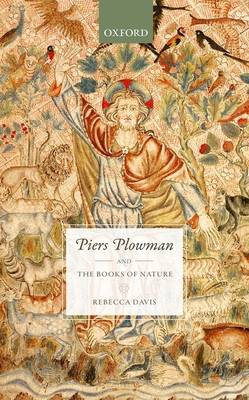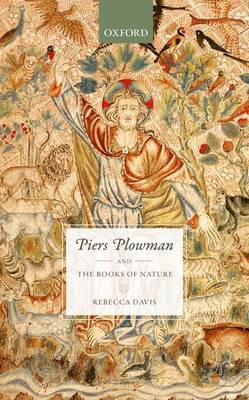
- Afhalen na 1 uur in een winkel met voorraad
- Gratis thuislevering in België vanaf € 30
- Ruim aanbod met 7 miljoen producten
- Afhalen na 1 uur in een winkel met voorraad
- Gratis thuislevering in België vanaf € 30
- Ruim aanbod met 7 miljoen producten
Zoeken
€ 150,45
+ 300 punten
Omschrijving
Rebecca Davis explores the relationship of divine creativity, poetry, and ethics in William Langland's fourteenth-century dream vision. By contextualizing Langland's poetics of kynde (or nature) within contemporary literary, philosophical, legal, and theological discourses, she opens up many of the poem's most perplexing interpretative problems.
Specificaties
Betrokkenen
- Auteur(s):
- Uitgeverij:
Inhoud
- Aantal bladzijden:
- 290
Eigenschappen
- Productcode (EAN):
- 9780198778400
- Verschijningsdatum:
- 15/09/2016
- Uitvoering:
- Hardcover
- Afmetingen:
- 223 mm x 144 mm
- Gewicht:
- 450 g

Alleen bij Standaard Boekhandel
+ 300 punten op je klantenkaart van Standaard Boekhandel
Beoordelingen
We publiceren alleen reviews die voldoen aan de voorwaarden voor reviews. Bekijk onze voorwaarden voor reviews.







